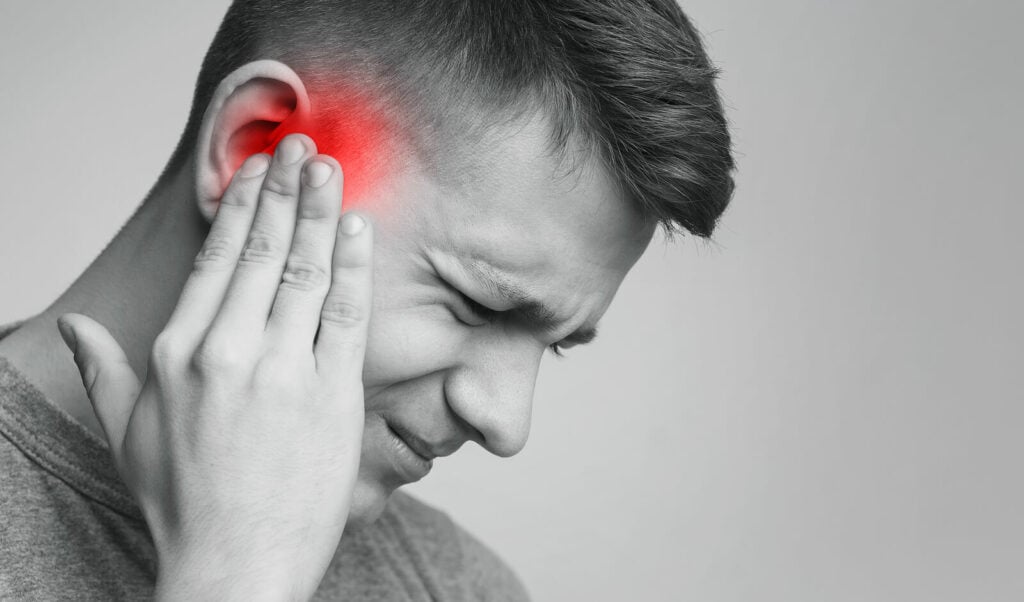Tinnitus is often described as ringing, buzzing, or hissing sounds in the ears. These sounds come from your brain, not from the environment around you. While for some tinnitus can be a minor annoyance, for others it can significantly impact quality of life. Assessment plays a crucial role in understanding the severity and impact of tinnitus. It’s the first step in finding the right treatment strategies and improving overall well-being.
Understanding Tinnitus Severity
Tinnitus severity refers to the perceived loudness, frequency, and persistence of tinnitus sounds experienced by an individual. It can vary widely from person to person, ranging from mild and occasional to severe and constant. The audiological assessment aims to quantify tinnitus severity through various subjective and objective measures, allowing clinicians to better understand its impact on patients’ lives and tailor treatment plans accordingly.
Subjective Measures of Tinnitus Severity
There are several ways to measure tinnitus severity:
- Tinnitus Questionnaires: Patients are often asked to complete standardized questionnaires such as the Tinnitus Handicap Inventory (THI) or the Tinnitus Functional Index (TFI) to assess the impact of tinnitus on their daily activities, emotional well-being, and sleep quality. These questionnaires provide valuable insights into the subjective experience of tinnitus and help quantify its severity from the patient’s perspective.
- Tinnitus Loudness Matching: This procedure involves matching the perceived loudness of the patient’s tinnitus to external tones presented through headphones. By determining the intensity of sound that matches the perceived loudness of tinnitus, clinicians can assess its subjective severity and monitor changes over time.
- Tinnitus Pitch Matching: Patients are asked to match the pitch or frequency of their tinnitus to pure tones presented at different frequencies. Pitch matching helps identify the frequency range of tinnitus and provides valuable information for sound therapy and masking techniques.
Objective Measures of Tinnitus Severity
There are also several objective measures of tinnitus, including:
- Tinnitus Pitch and Loudness Matching: In addition to subjective matching procedures, objective measures such as tinnitus pitch and loudness matching using psychoacoustic testing equipment can provide valuable insights into the physical characteristics of tinnitus. These measures help quantify the frequency and intensity of tinnitus sounds and guide treatment decisions.
- Electrophysiological Tests: Tests such as auditory brainstem response (ABR) and otoacoustic emissions (OAEs) can help assess the integrity of the auditory pathway and cochlear function in individuals with tinnitus. While these tests do not directly measure tinnitus severity, they can identify underlying hearing loss or neurological abnormalities that may contribute to tinnitus perception.
Assessing the Impact of Tinnitus
In addition to measuring tinnitus severity, hearing health specialists also assess its impact on various aspects of patient’s lives, including:
- Emotional Well-being: Tinnitus can cause feelings of frustration, anxiety, and depression, significantly impacting emotional well-being and overall quality of life. Assessment tools such as the Beck Depression Inventory (BDI) and the Hospital Anxiety and Depression Scale (HADS) help clinicians evaluate the emotional impact of tinnitus and provide appropriate support and counseling.
- Sleep Disturbances: Tinnitus-related sleep disturbances, including difficulty falling asleep or staying asleep, are common among those experiencing tinnitus. Sleep quality assessments such as the Pittsburgh Sleep Quality Index (PSQI) help identify sleep problems associated with tinnitus and guide interventions to improve sleep hygiene and promote better sleep.
- Functional Impairments: Tinnitus can interfere with concentration, communication, and cognitive function. It can affect patients’ ability to perform daily tasks and engage in social activities. Functional assessment tools help quantify the functional impact of tinnitus and guide rehabilitation strategies.
Significance of Audiological Assessment
Audiological assessment plays a crucial role in tinnitus management by providing a comprehensive evaluation of tinnitus severity and impact. By combining subjective and objective measures, hearing health specialists can develop individualized treatment plans tailored to each patient’s needs, preferences, and lifestyle. From counseling and sound therapy to cognitive-behavioral interventions and hearing aid amplification, there are a range of evidence-based interventions to help patients manage their tinnitus. These treatments can help patients find tinnitus relief and improve their quality of life.
Visit Us for Tinnitus Management and Support
If you’re struggling with tinnitus, don’t suffer in silence. Schedule an assessment to find out more about the severity and impact of your tinnitus. Then explore personalized treatment options. Take the first step towards reclaiming your auditory health today.





